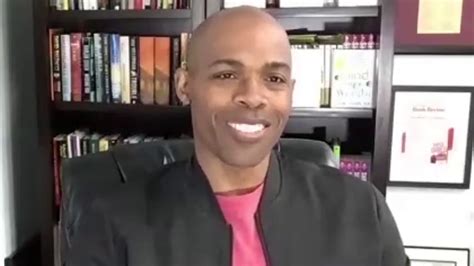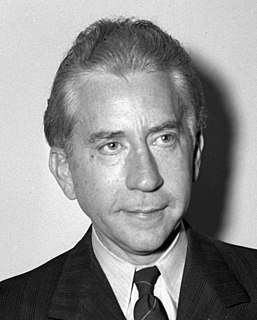A Quote by Charles Duhigg
What we know from lab studies is that it's never too late to break a habit. Habits are malleable throughout your entire life. But we also know that the best way to change a habit is to understand its structure - that once you tell people about the cue and the reward and you force them to recognize what those factors are in a behavior, it becomes much, much easier to change.
Related Quotes
But countless studies have shown that a cue and a reward, on their own, aren't enough for a new habit to last. Only when your brain starts expecting the reward--craving the endorphins or sense of accomplishment--will it become automatic to lace up your jogging shoes each morning. The cue, in addition to triggering a routine, must also trigger a craving for the reward to come.
Sometimes, counter-intuitively, it's easier to make a major change than a minor change. When a habit is changing very gradually, we may lose interest, give way under stress, or dismiss the change as insignificant. There's an excitement and an energy that comes from a big transformation, and that helps to create a habit.
Habit is habit and not to be flung out of the window by any man, but coaxed downstairs a step at a time. You cannot eliminate habits that no longer serve you. You can only replace them with new habits that support your goals. Moment by moment, you need to live with awareness and structure the habits that you include or exclude in your days.
I have full faith in people. I think that we have the ability to change. We're habitual creatures. Once we figure out that bad habit and identify it, whether it's behavioral or whatever it may be, we change our habits. Obviously, I'm simplifying it and making it sound very easy to do, and we all know it's very difficult, but it's doable.
Change is difficult and it takes time. It is hard for people to change their own behavior, much less that of others. Change programs normally address attitudes, ideas, and rewards. But the behaviors of people in organizations are also strongly shaped by habits, routines, and social norms. Real change requires new power relationships, new work routines and new habits, not just intent.
Habit allows us to go from 'before' to 'after,' to make life easier and better. Habit is notorious - and rightly so - for its ability to direct our actions, even against our will; but by mindfully shaping our habits, we can harness the power of mindlessness as a sweeping force for serenity, energy, and growth.



























